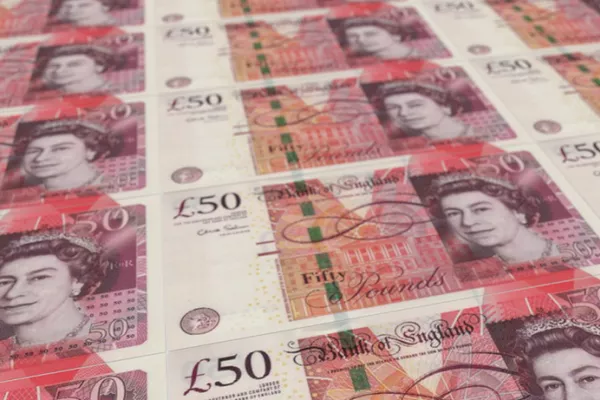In the realm of economic indicators, the interplay between inflation and currency strength is a subject of continuous debate and analysis. One of the prominent discussions revolves around the question: Does inflation cause a weak pound? Unraveling the intricate connections between these economic variables is crucial for understanding the dynamics of a nation’s financial landscape. In this article, we will delve into the complex relationship between inflation and the strength of the British pound, exploring the factors at play and the implications for the broader economy.
Understanding Inflation:
Inflation is a persistent rise in the general price level of goods and services in an economy over a period of time. Central banks, such as the Bank of England, aim to maintain a target inflation rate to promote economic stability. While moderate inflation is considered normal, hyperinflation or deflation can have detrimental effects on an economy.
Inflation’s Impact on the Pound:
The relationship between inflation and the strength of a currency, in this case, the pound sterling, is nuanced and multifaceted. On the surface, one might assume that rising inflation would lead to a weakening pound, as the currency’s purchasing power diminishes. However, the actual dynamics involve a combination of factors that can either reinforce or counteract this trend.
Interest Rates and Monetary Policy:
Central banks often respond to inflation by adjusting interest rates. In the United Kingdom, the Bank of England employs monetary policy tools, including interest rate changes, to control inflation. When inflation rises above the target, the central bank might raise interest rates to cool down economic activity and reduce inflationary pressures. Higher interest rates can attract foreign capital seeking better returns, boosting demand for the pound and potentially strengthening it.
Conversely, if interest rates are kept low in response to moderate inflation, it may lead to a less attractive investment environment for foreign investors, potentially resulting in a weaker pound. Therefore, the relationship between inflation and interest rates plays a crucial role in determining the pound’s strength.
Inflation Expectations:
Market participants closely monitor inflation expectations, as they influence investment decisions and currency valuation. If investors anticipate that inflation will continue to rise, they may seek assets that provide a hedge against inflation. This demand for inflation-protected assets, such as commodities or foreign currencies, can contribute to a weaker pound.
Additionally, if inflation expectations are well-managed and anchored by credible central bank policies, it can bolster confidence in the domestic currency, mitigating the risk of a substantial depreciation.
Trade Balances:
Inflation can impact a country’s trade balances, influencing the demand for its currency. If inflation erodes the competitiveness of a nation’s exports by increasing production costs, it may lead to a decline in export volumes. A weaker export performance can result in a trade deficit, putting downward pressure on the currency.
However, the relationship between inflation and trade balances is not linear. Factors such as exchange rate movements, global demand conditions, and the composition of a country’s exports play critical roles in shaping trade dynamics.
See also What is GBP money? A Comprehensive Overview
Conclusion:
In conclusion, the connection between inflation and the strength of the pound is intricate and subject to a myriad of influencing factors. While inflation has the potential to weaken the pound due to diminished purchasing power, the response of central banks, interest rates, inflation expectations, and trade balances introduces layers of complexity to this relationship.
A nuanced understanding of these interdependencies is essential for policymakers, investors, and the public to navigate the economic landscape effectively. The dynamic nature of global financial markets means that a comprehensive analysis of inflation’s impact on the pound requires continuous monitoring and adaptation to evolving economic conditions. As we navigate the ever-changing economic landscape, recognizing the multifaceted nature of these relationships will be crucial for making informed decisions in the realm of finance and policy.


